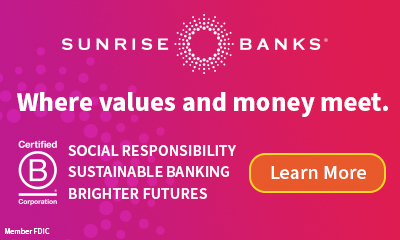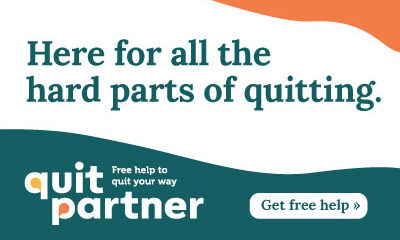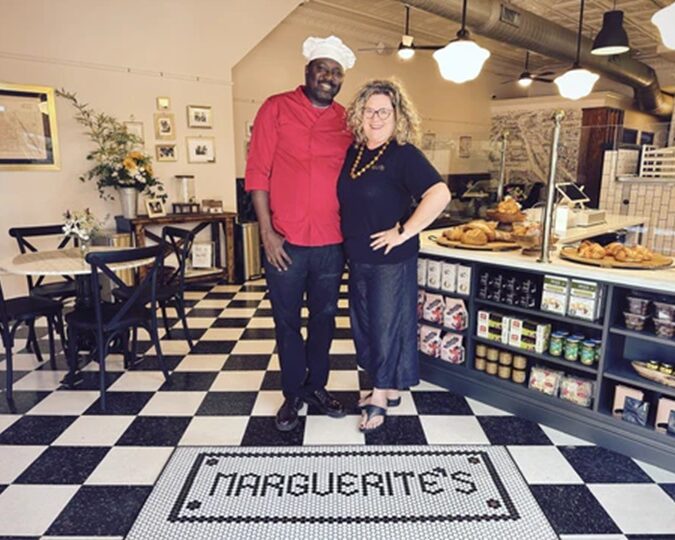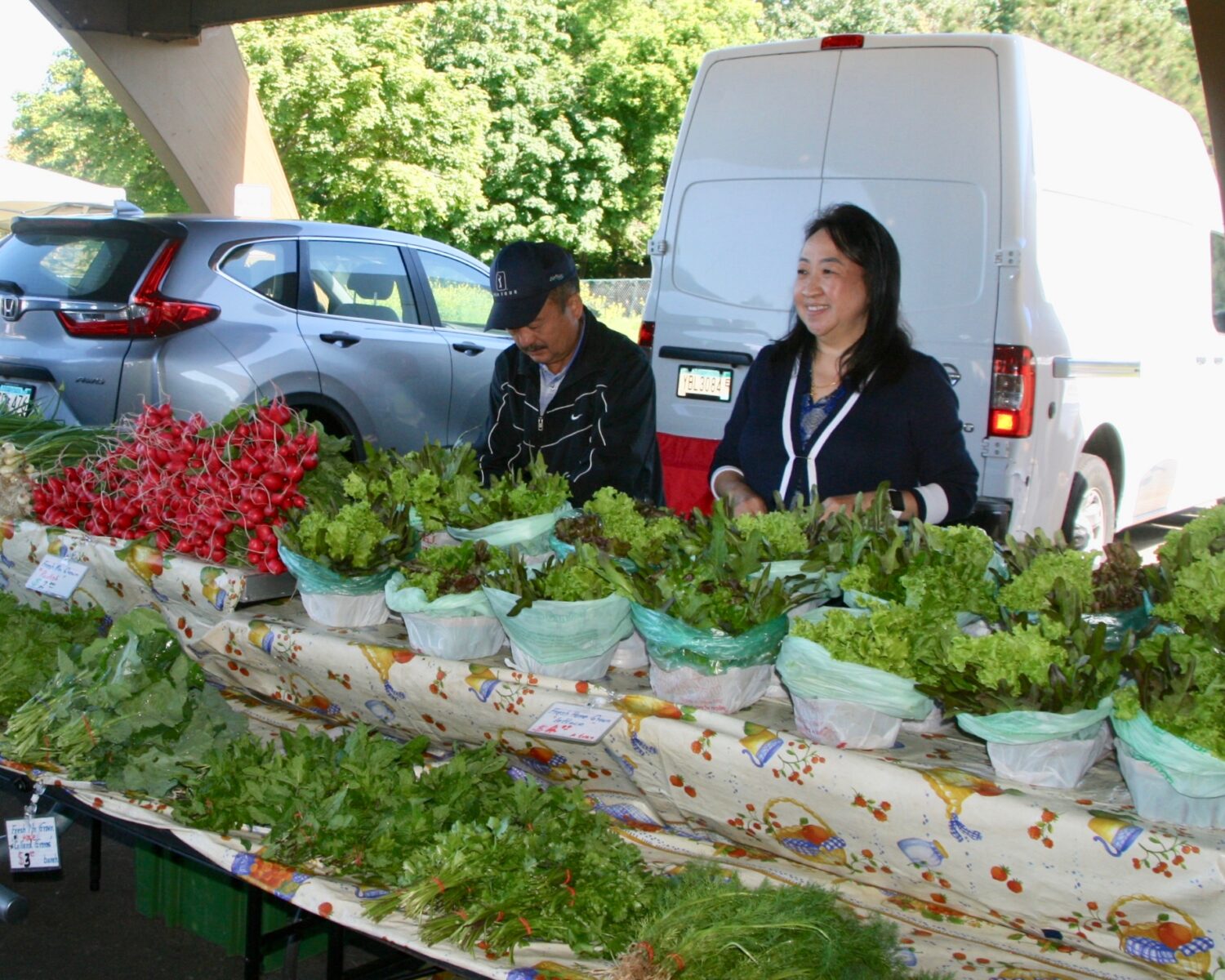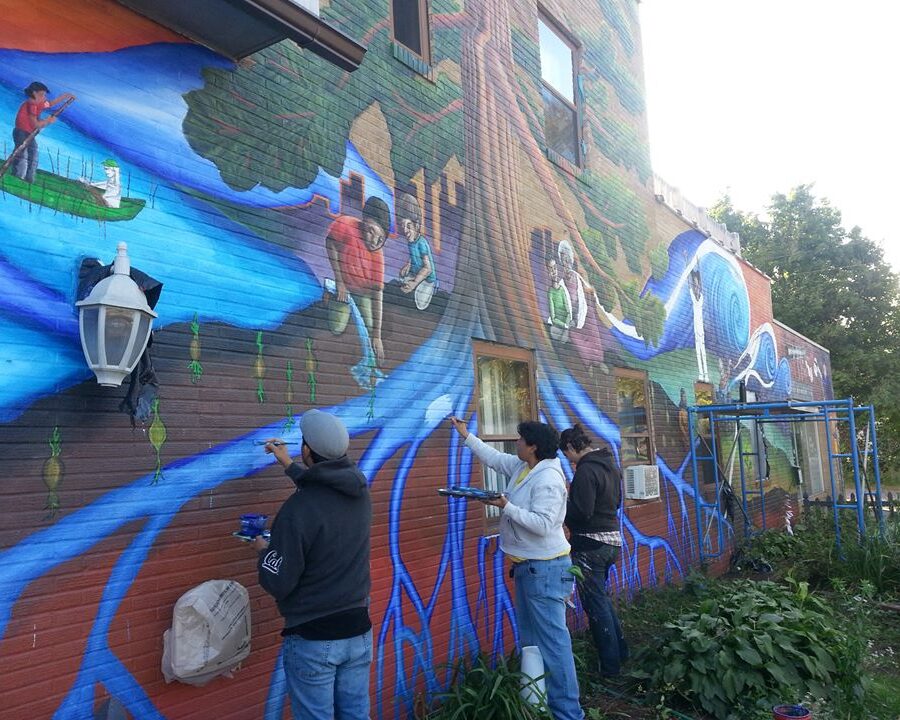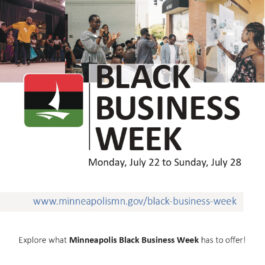BY CAM GORDON
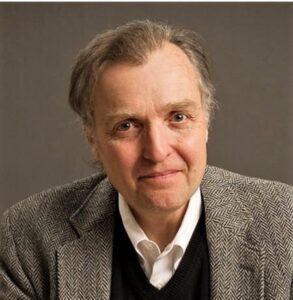
Cam Gordon
A growing number of Southside residents are working to fund a People’s Climate and Equity Plan in next years’ Minneapolis city budget which is expected to come to the City Council in August for review.
They hope to make their version of Minneapolis Green New Deal a reality.
One of those Southsiders is Michelle Hensley. “I love the huge vision and energy of the Green New Deal that progressives have proposed,” said the Longfellow resident and founding Artistic Director of Ten Thousand Things Theater. “My grandfather, an Iowa farmer who lost his land during the Depression, was hugely helped by FDR’s New Deal. The Green New Deal, unlike FDR’s, has racial justice and equity front and center. But I am greatly frustrated at the inability to get anything going on the federal level. So, MN350’s idea to get it going on the local level seemed like a perfect way to get involved.”
The city also kicked off its own effort to update its Climate Action Plan at the Green Zones Summit on May 21 where they reported on the effort and invited feedback from the community. Advocates of the People’s Climate and Equity Plan hope that it will strengthen the city’s efforts and build on actions the city has already taken by establishing Green Zones, creating the Green Cost Share program, identifying a social cost of carbon, and declaring a climate emergency.
The People’s Plan was draftedby the Just Transition Fund Coalition, whose members include Black Visions, Community Power, Cooperative Energy Futures (CEF), Environmental Justice Advocates of Minnesota (EJAM), MN Renewable Now, MN350 Action, Sierra Club North Star, and Unidos MN, with leadership and coordination from MN350. According to MN350’s website, the document is “the beginning of a conversation with the city and the people of Minneapolis, which must center the voices of Black, Indigenous and people of color (BIPOC) and other marginalized communities.”
It aspires for a city with “affordable, 100% clean energy buildings by 2030, accessible pathways to dignified work to eliminate racial and economic disparities, and safe, healthy and climate-resilient neighborhoods connected by accessible, carbon-free transportation.”
The plan calls for investments to improve health, lower energy bills and ensure that everyone, starting with low-income communities of color, has access to “family-sustaining jobs in the growing green economy.”
Specific goals laid out in the People’s Plan set out to make every building in Minneapolis comfortable, affordable and carbon-free by 2030, build community wealth and eliminate the racial wealth gap, ensure every person has a safe, healthy and climate-resilient neighborhood connected by accessible, carbon-free transportation, and create a robust dedicated funding stream to make bold climate justice policy a reality.
The plan was informed by Portland’s Clean Energy Fund, which uses a 1% supplemental business license surcharge on large retail corporations. That generates roughly $50 million a year that is distributed by a commission for solar projects, energy efficiency and job training.
The two main funding sources being discussed for Minneapolis are the electric and natural gas company franchise fees, and a pollution control annual registration (PCAR) fee which the city is authorized by the state to collect from companies who use equipment that creates pollution. A portion of the franchise fee and most of the PCAR funding already goes to reduce pollution and support clean energy and efficiency.
An expansion of PCAR funding may require state legislative approval but the franchise fee can be increased by a vote of the City Council. The franchise fee could be applied in a way that would put a higher fee on fossil fuel use. Eventually, the hope would be to collect funds equal to the social or true cost of burning carbon from those generating and using the fossil fuels.
“If we apply the social cost of carbon the council agreed on,” said MN350’s Ulla Nilsen, “it would be roughly $110 million a year in revenue.”
Since drafting the plan late last year, Nilsen and others have organized teams of advocates in each ward. So far teams have met with 10 council members and identified Council Members Eliot Payne, Robin Wonsley Worlobah, Aisha Chughtai and Andrea Jenkins as the champions. Nilsen said, “It was so amazing to hear and celebrate the support we are beginning to see from the council president and a majority of members on the council.”
Council Members Palmisano, Johnson, Chavez and Vetaw were identified as supporters. One volunteer quoted Vetaw from Ward 4 as saying, “I absolutely support it,” while noting that she, like other council members, expressed concerns about the potential costs to poorer residents.
That concern is identified in the plan, which says that it must “proactively structure the funding mechanism to avoid negative cost impacts on low-income/otherwise burdened communities” and “focus investments in communities of color and low-income communities to advance justice in the transition to climate solutions, recognizing historic injustice in economic opportunities and environmental burdens.”
“So far, we have been doing amazing work,” Nilsen said. “We have teams in every ward. We have met with, or are about to meet with, all council members.Over the summer we are launching a series of house parties and yard gatherings.” She encourages people to visit https://mn350.org/peoples-climate-and-equity-plan/ to get more involved.
“I got involved with this because, of all the troubles facing our world, the climate crisis seems the most pressing,” Hensley said. “If we don’t figure out how to reduce our carbon emissions in the next 10 years, nothing else really matters.”



